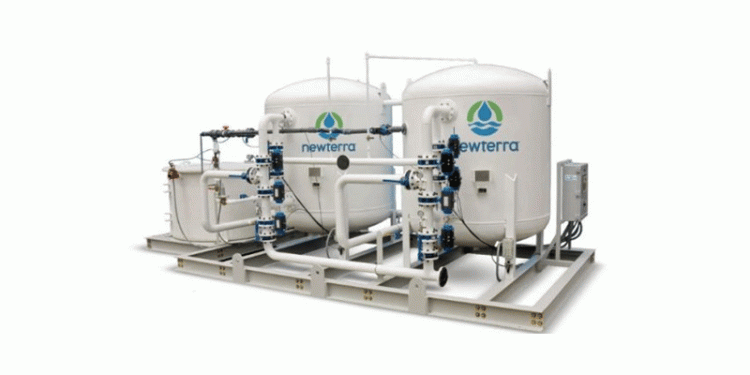In the world of agriculture, sustainable resource management is more critical than ever, especially in water-intensive industries such as potato processing. A recent announcement from one of Canada’s leading potato processing facilities reveals a monumental step forward in environmental stewardship. The factory, currently undergoing a USD450 million expansion, is set to become a global leader in water reuse, with Newterra at the helm of this innovation.
Newterra’s advanced wastewater reuse technology is poised to process an impressive 1.58 million gallons of wastewater per day, contributing significantly to the plant’s sustainability goals. The project, scheduled for completion by mid-2025, aims to double the plant’s production capacity while simultaneously reducing freshwater consumption, all made possible by a comprehensive water treatment system designed to recover over 97.5% of the processed wastewater.
The system is composed of several advanced components:
- Membrane Bioreactor (MBR): This technology is essential for removing organic material and suspended solids from the wastewater, providing a clean base for further treatment.
- Granular Activated Carbon (GAC) Polishing: Following MBR, this step filters out any remaining organic contaminants, ensuring the water is of high enough quality to be reused.
- High-Recovery Reverse Osmosis (RO): The final stage removes salts and trace elements, enabling nearly all of the treated water to be reintegrated into the facility’s operations. With a recovery rate exceeding 97.5%, this technology sets a new benchmark for water efficiency in the food processing industry.
In addition to reducing water consumption, the system will minimize waste generation and the plant’s reliance on freshwater resources. The reused water will support various stages of potato processing, from washing and peeling to cooling and cleaning, ensuring a highly efficient water cycle within the facility.
Furthermore, Newterra’s modular, skid-based system will also produce high-purity water for the plant’s boilers, utilizing a combination of filtration, softening, and reverse osmosis. This ensures that even the boiler feedwater—often a significant water consumer—is sourced from a blend of municipal and reclaimed water, further reducing the plant’s overall water footprint.
Jay Harwood, Newterra’s Director of Industrial Sales, expressed his excitement: “We are thrilled to contribute to such an environmentally impactful project. This system exemplifies the breadth and range of solutions Newterra can deploy to meet the unique challenges of industrial clients while advancing sustainability and resource efficiency.”
For the potato processing industry, which has historically relied heavily on water, this advancement presents a game-changing opportunity. It not only boosts production efficiency but also ensures long-term sustainability by addressing one of the sector’s most pressing challenges: water use. Newterra’s project stands as a model that could be replicated across various agricultural processing industries, reinforcing the vital role of wastewater reuse in modern farming.
Newterra’s innovative wastewater reuse system marks a turning point for the potato processing industry, showcasing how cutting-edge technologies can significantly enhance production capacity while promoting environmental sustainability. By recovering and reusing over 97.5% of wastewater, this project serves as a blueprint for future industrial applications, offering both economic and ecological benefits. As water scarcity becomes an ever-growing concern, systems like these are essential for the future of sustainable agriculture.







